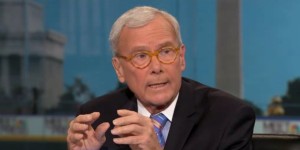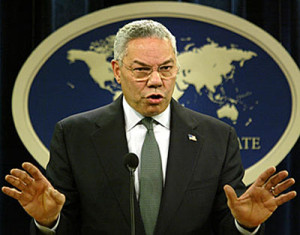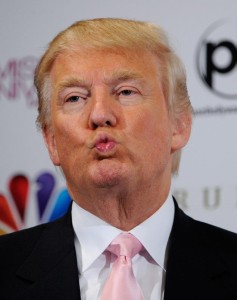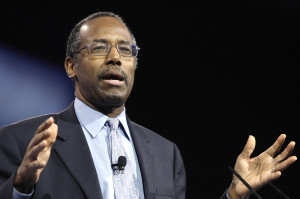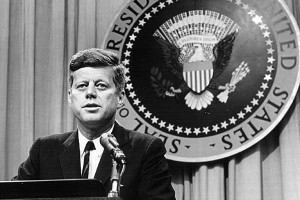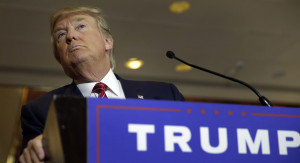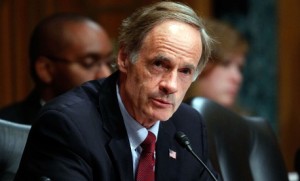
Man, I do love the Internet.
Most of the time, anyway.
I love it particularly when I’m able to find resources that remind me of where we’ve traveled and give me a clue of where we might be headed.
While working on an earlier blog post about the rogue Kentucky county clerk who’s in jail for refusing to do her job, I found a speech delivered in Houston on Sept. 12, 1960 by then-U.S. Sen. John Kennedy.
He was running for president and he wanted to clear the air over questions about his loyalties should he win the election later that year. He did so with typical JFK eloquence.
I encourage you to read it. Here it is:
JFK speech
But he spoke as well to a grander vision. He spoke to the need to get past notions that our government must adhere to certain religious doctrine.
He said: “I believe in an America where the separation of church and state is absolute, where no Catholic prelate would tell the president (should he be Catholic) how to act, and no Protestant minister would tell his parishioners for whom to vote; where no church or church school is granted any public funds or political preference; and where no man is denied public office merely because his religion differs from the president who might appoint him or the people who might elect him.
“I believe in an America that is officially neither Catholic, Protestant nor Jewish; where no public official either requests or accepts instructions on public policy from the Pope, the National Council of Churches or any other ecclesiastical source; where no religious body seeks to impose its will directly or indirectly upon the general populace or the public acts of its officials; and where religious liberty is so indivisible that an act against one church is treated as an act against all.”
He said that the “separation of church and state is absolute.” Imagine that. Some so-called “strict constructionists” — even some in the media — keep yammering that the Constitution doesn’t declare there to be a separation and that, therefore, the separation doesn’t exist.
Well, it does exist. It exists in the very First Amendment which declares two things about religion: that no citizen shall be deprived of his or her religious freedom and that Congress “shall make no law respecting an establishment of religion.”
The implication is as clear as it can be: We must keep religion out of government and, thus, we must keep them separate.
Sen. Kennedy sought to quell the concerns of those who worried about what might happen were we to elect a Roman Catholic as president. He went much further in seeking a time when a candidate’s religion is of zero consequence.
The individual who wins an election takes an oath and pledges loyalty to the U.S. Constitution and to the laws of the land.
That’s how it’s been in this country since its founding.
